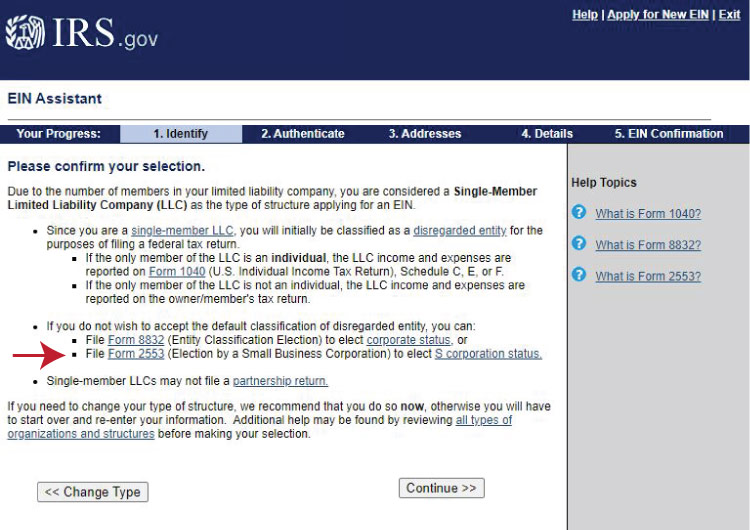

On the contrary, if the individual has control over which parties they work with, contract details, and expected sales their agency takes on, they are most likely an independent travel agent. If the worker is dependent on the employer for a significant portion of their income, they are more likely to be classified as an employee. The financial independence test looks at how much the worker is financially dependent on the employer. However, if the individual has control over which clients they take on, provides their own resources, and receives commission compensation, they are most likely an independent contractor.

If the employer has a significant degree of control over these factors, the worker is more likely to be classified as an employee.

The degree of control test analyzes how much the employer controls the worker’s schedule, the tools and equipment used to perform the work, and the compensation methods. The three main categories for testing look at the degree of control the employer has over the worker, the worker’s financial independence, and the nature of the relationship between the worker and the employer. The IRS uses a three-part test to determine whether a worker is an employee or an independent contractor. So, How Can You Tell The Difference Between Independent Contractors and Employees? An independent travel agent is typically paid on a project-by-project basis and is not eligible for the same benefits as employees, such as reimbursement for business expenses, hotel stays, and other resources. Instead, they own their own independent business and are commonly paid commissions for their services. In contrast, a contractor is an independent worker who performs a specific task or project for a client and is not subject to the client’s control or direction. Their pay is regular and formal employment contracts are in place outlining the details of the arrangement. Employee travel agents earn money for your company and follow the regulations and rules that you create. An employee typically receives a salary or hourly wage and is eligible for benefits such as health insurance and retirement plans. First, Let’s Define Employee and Independent ContractorĪn employee is hired by an employer to perform specific tasks and is subject to the employer’s control and direction. In this article, we’ll explore the key differences between independent agents and employees and provide guidance on what to do if you’re audited by the IRS. While both types of workers can perform similar tasks for your travel agency, the way they are classified has significant implications for both travel agencies and travel agents. When it comes to hiring, it’s important to understand the difference between an independent contractor travel agent (plus other contracted workers) and an employee.


 0 kommentar(er)
0 kommentar(er)
